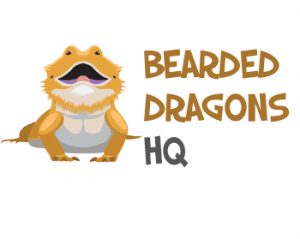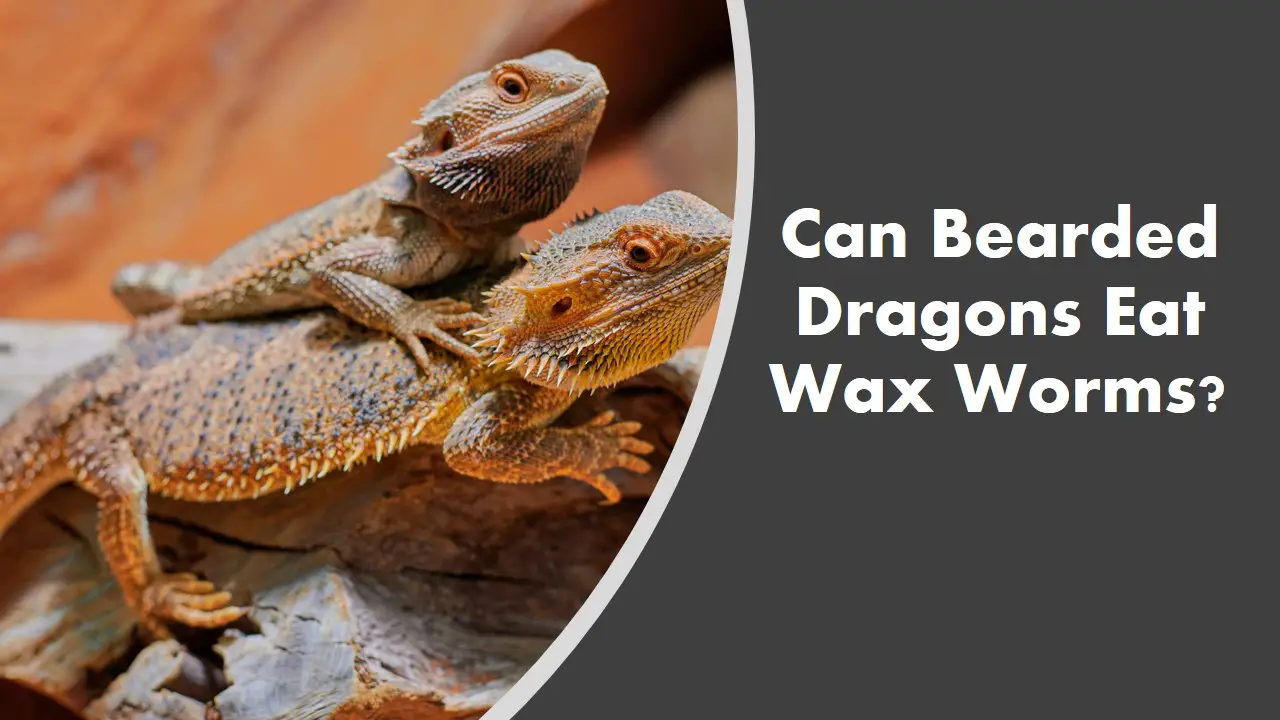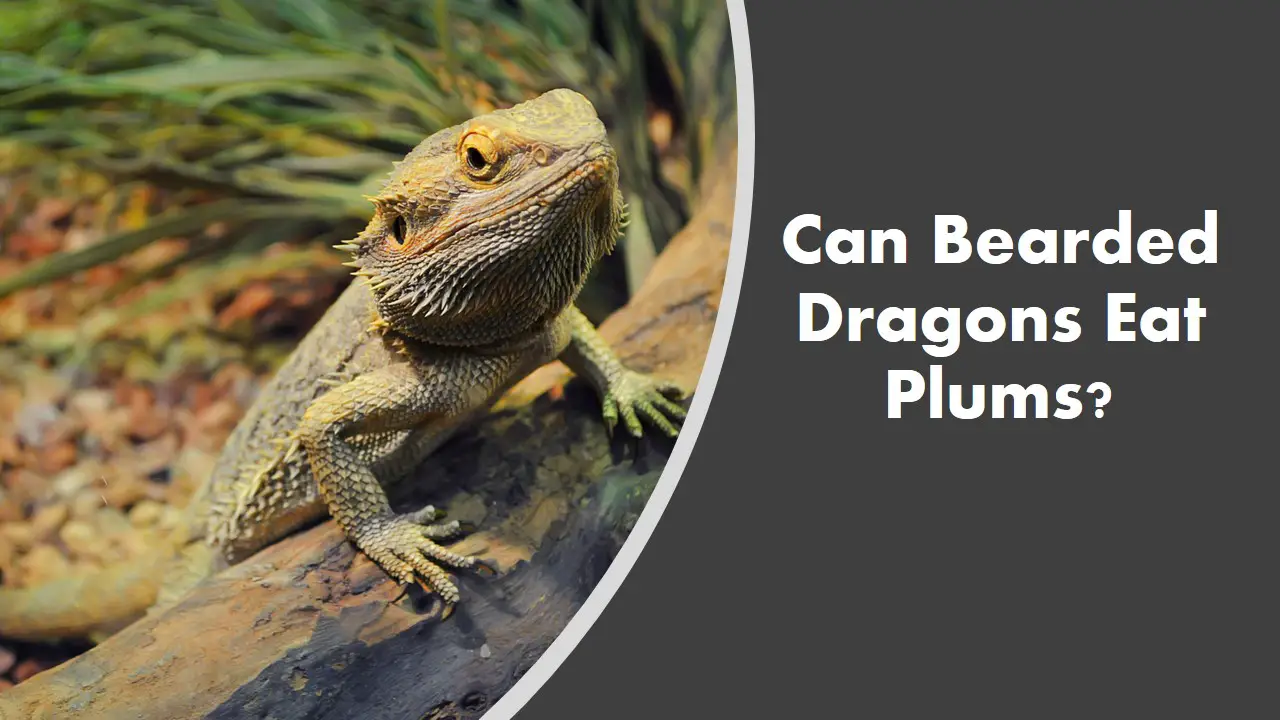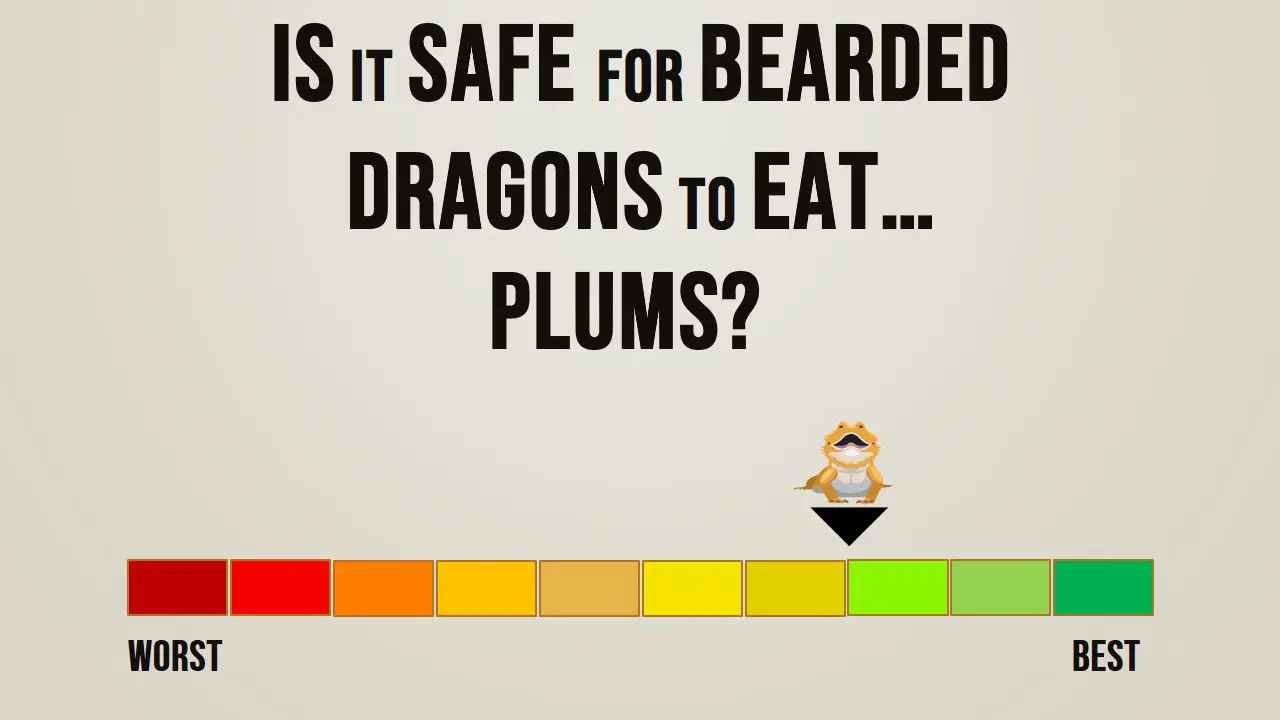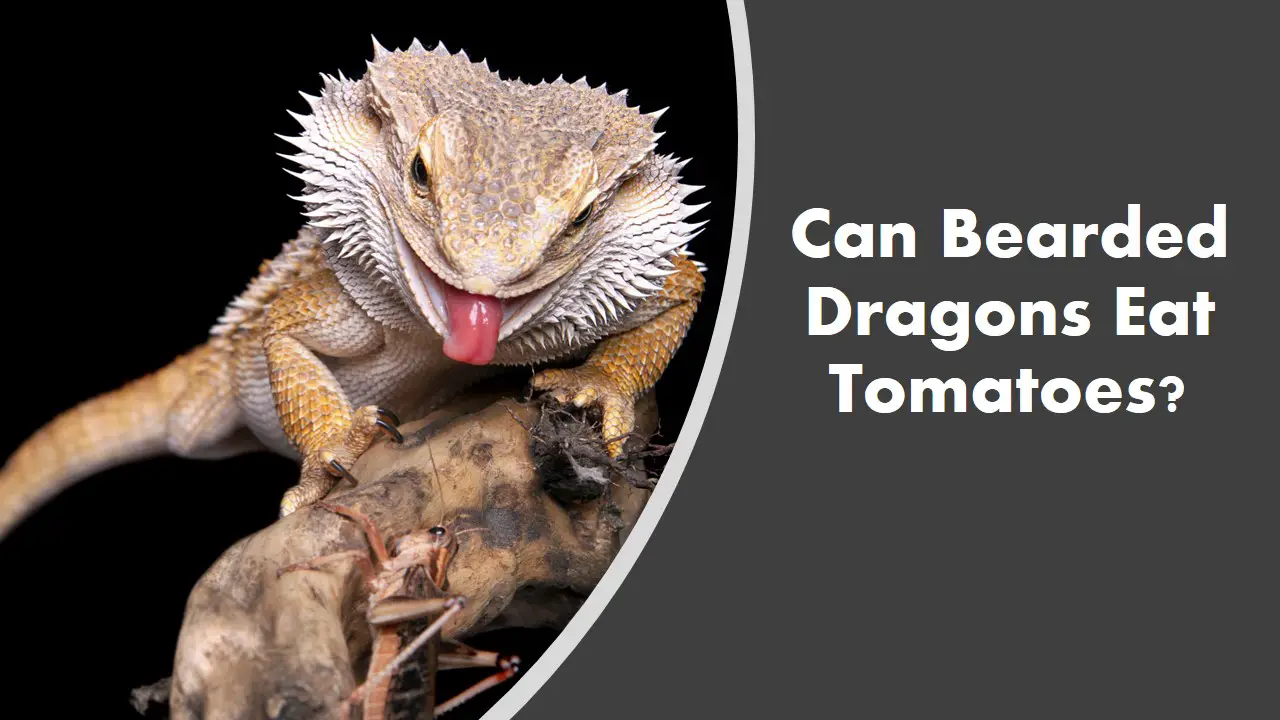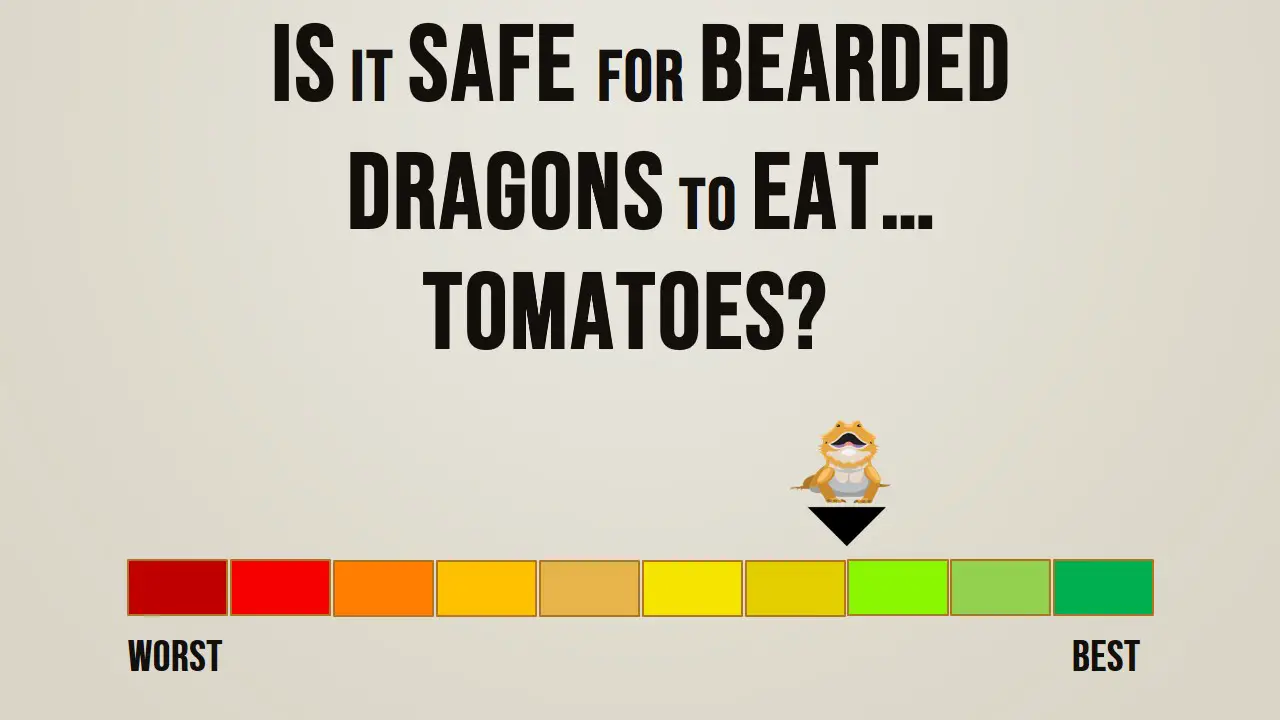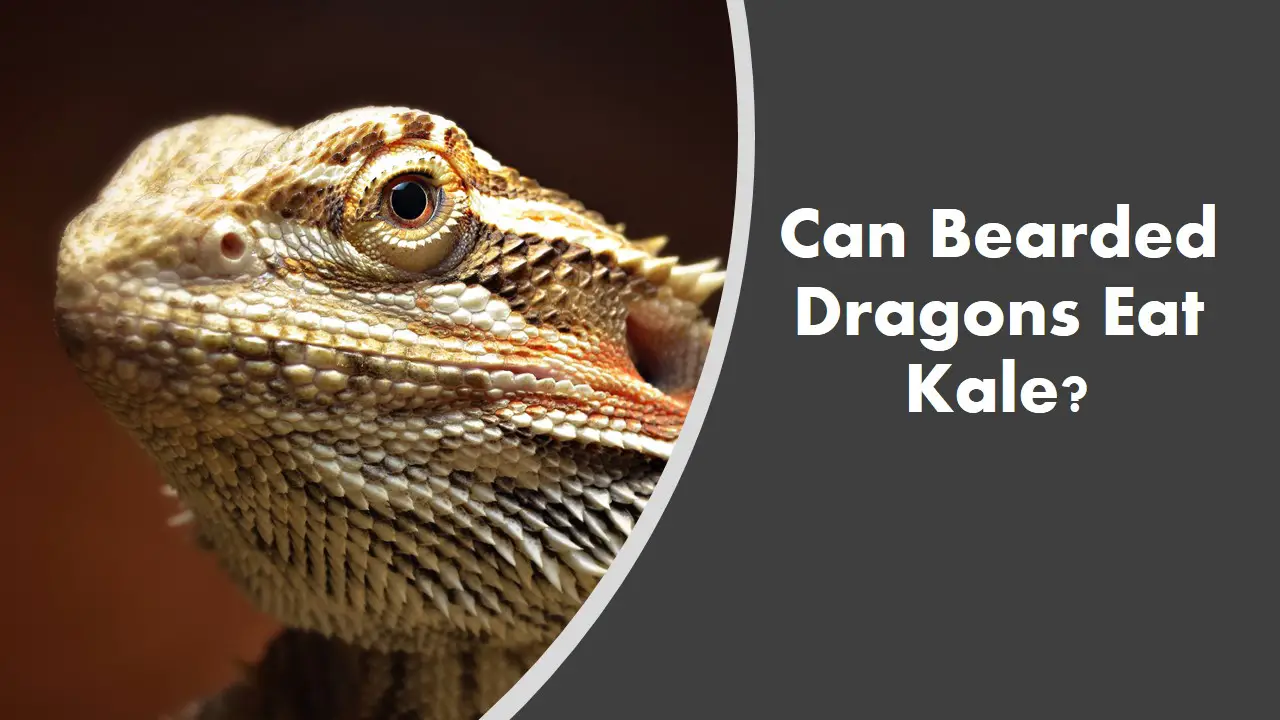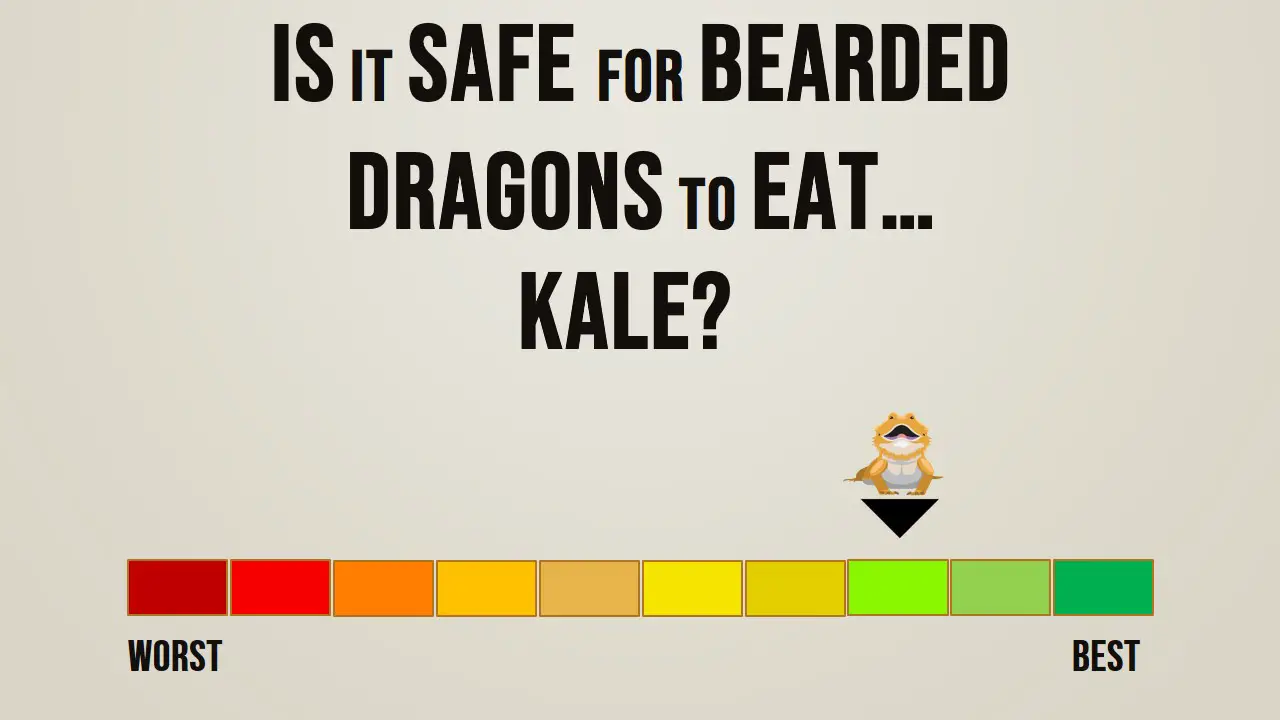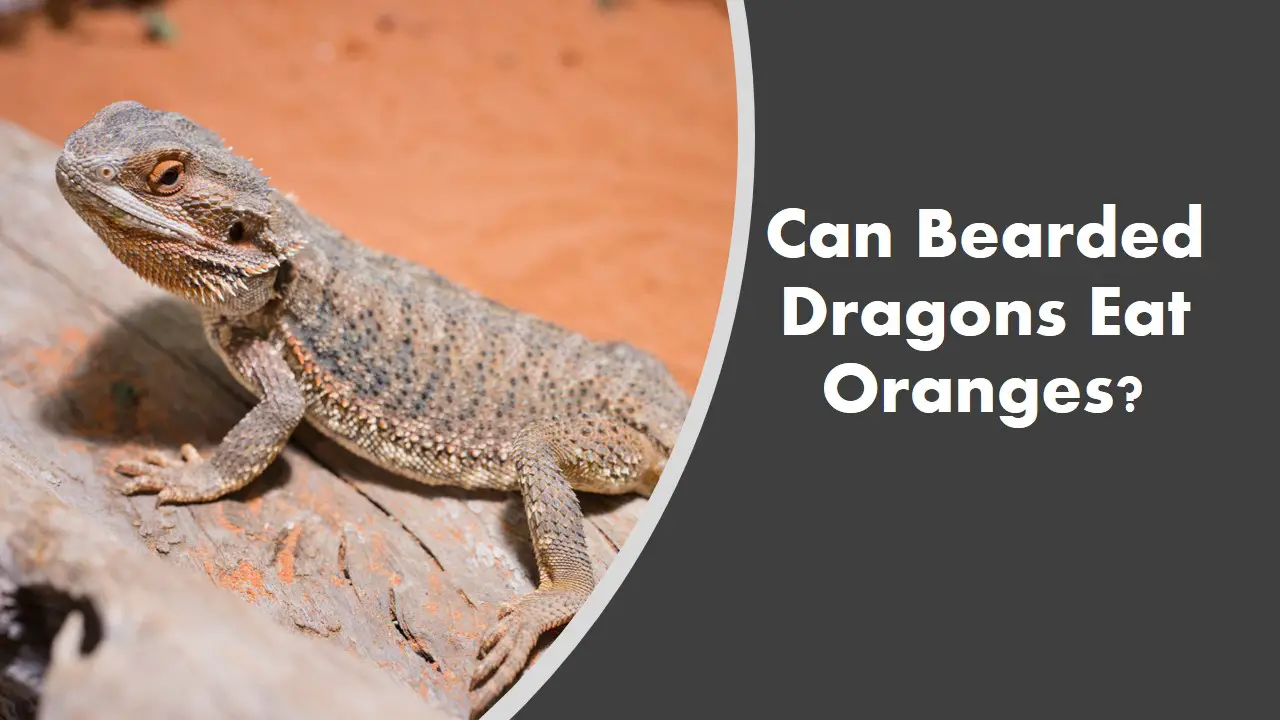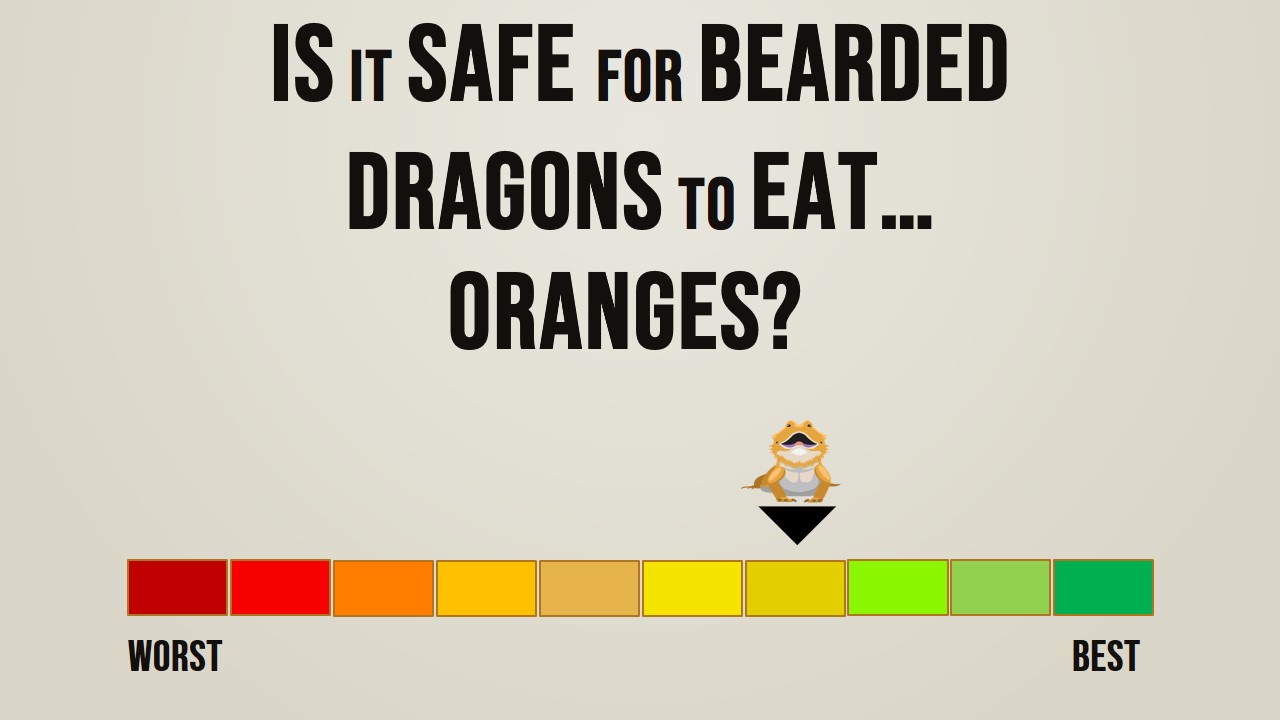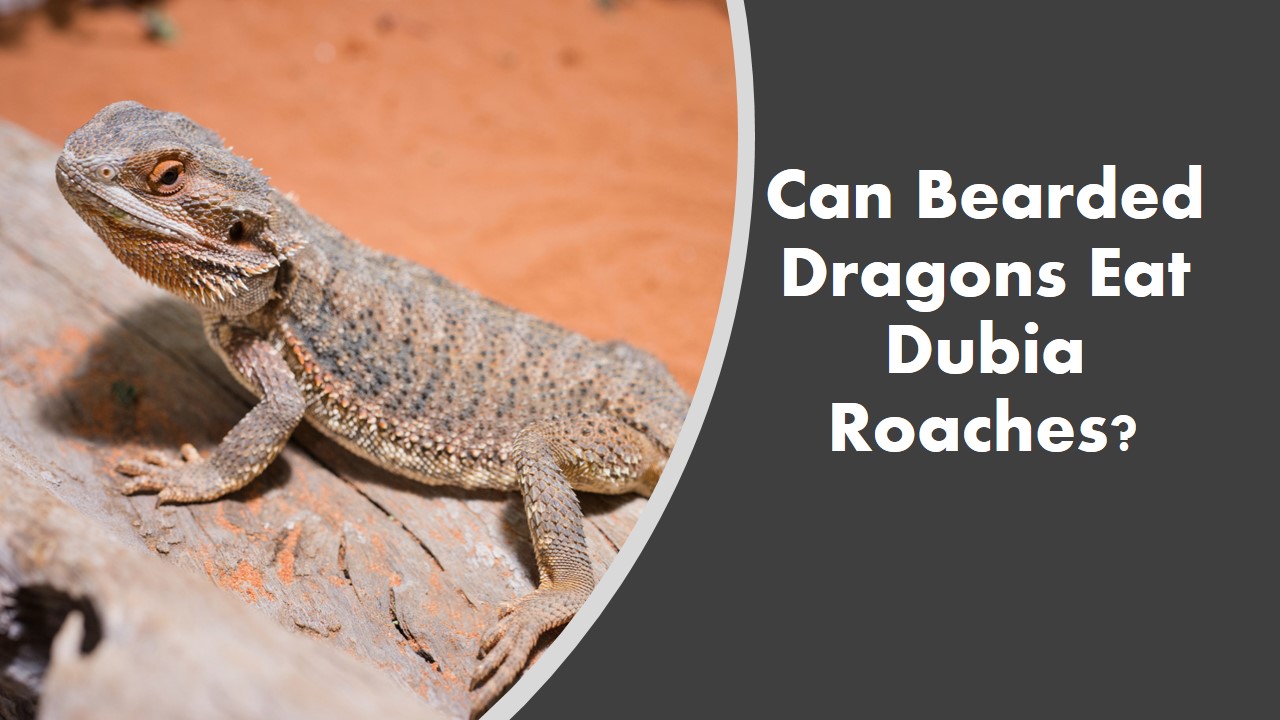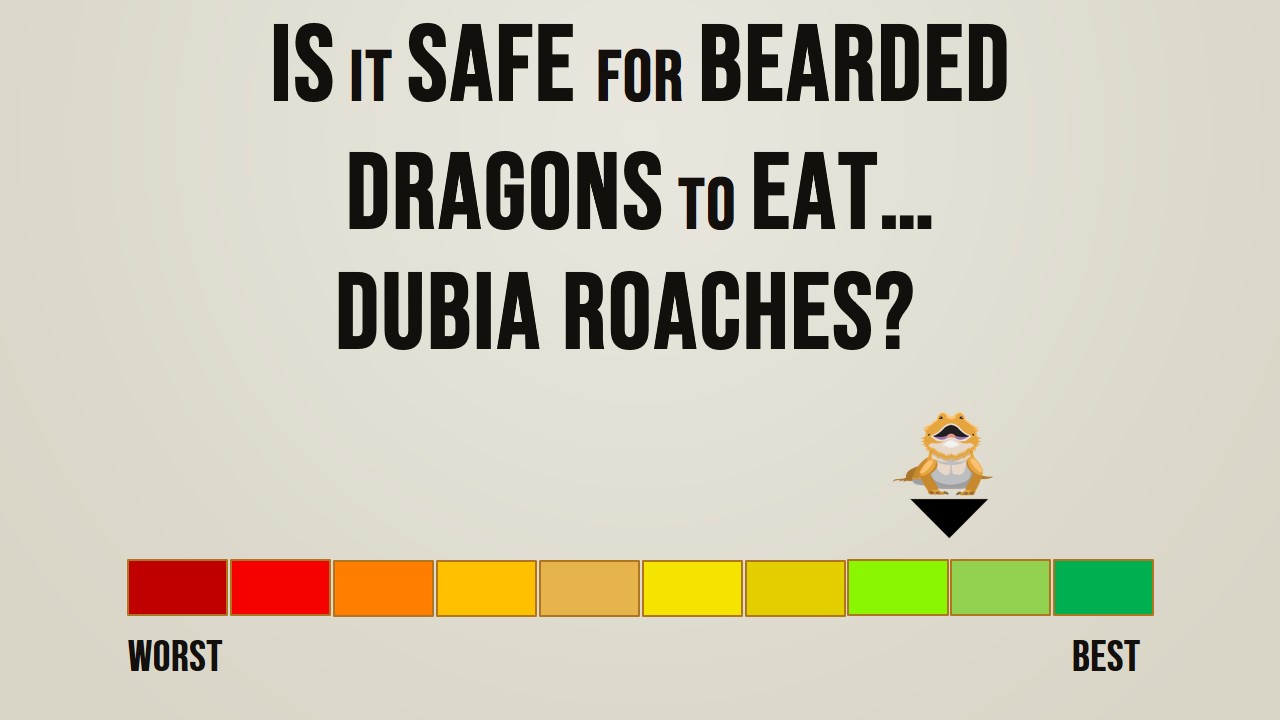Bearded dragons can eat wax worms, but you should only give them a small amount as they are high in fat. Waxworms are a good source of protein for bearded dragons. Wax worms can be bought at most pet stores.
Bearded dragons love wax worms.
What Is The Nutritional Profile in Wax Worms?
Wax worms are a high-fat, high-protein food source that is perfect for bearded dragons. They are also low in calcium, making them the perfect choice for bearded dragons who are not getting enough calcium from their regular diet. Check out the insects lists for bearded dragons.
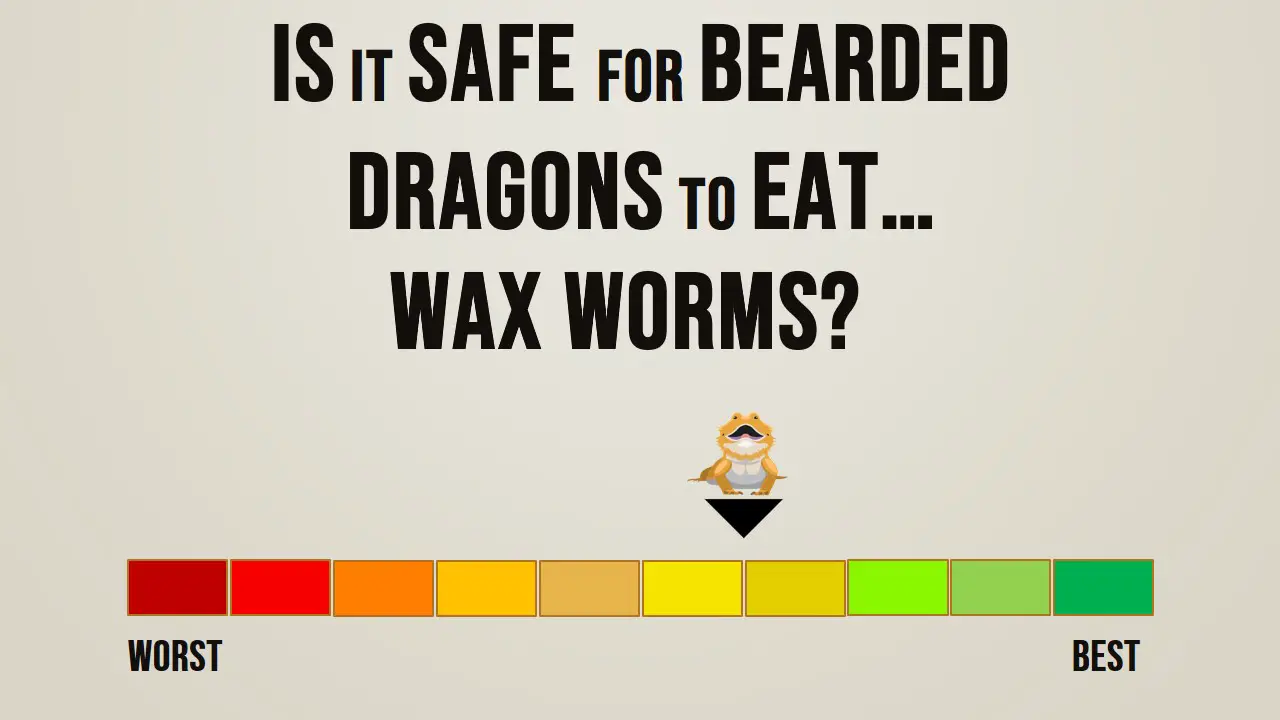
What Are The Benefits of Feeding My Bearded Dragon Wax Worms?
Wax worms are a good source of protein for your bearded dragon. They are also high in fat, which can be beneficial for dragons that are underweight or need an extra boost of energy. Wax worms are also small and easy to eat, making them a good choice for younger dragons or those with smaller mouths.
What Are The Risks of Feeding My Bearded Dragon Wax Worms?
Wax worms are high in fat and should only be fed as an occasional treat. Overfeeding wax worms can lead to obesity and other health problems. It is also important to avoid feeding your dragon wild-caught wax worms as they may be carrying parasites or diseases.
Wax worms can also be addictive and if your bearded dragon becomes addicted to them, they may refuse to eat anything else.
Insects Lists
How Many Wax Worms Should I Feed My Bearded Dragon?
You should only feed your bearded dragon a few wax worms at a time as they are high in fat. If you are feeding them to your dragon as a treat, you can give them up to 10 wax worms per week. If you are using wax worms as a regular part of their diet, you should only give them 1-2 wax worms per day.
When Should I Feed My Bearded Dragon Wax Worms?
Wax worms can be fed to your bearded dragon at any time. However, it is best to avoid feeding them right before bedtime as they may have trouble digesting the high-fat meal.
Are Wax Worms Suitable for Bearded Dragons on A Vegetarian Diet?
No, wax worms are not suitable for bearded dragons on a vegetarian diet. They are high in fat and protein, making them a good source of nutrients for bearded dragons that eat meat. If you are feeding your dragon a vegetarian diet, you should avoid feeding them wax worms.
Alternative Foods for Bearded Dragons
While bearded dragons can eat wax worms, here are a few alternative foods:
- Crickets
- Mealworms
- Roaches
- Hornworms
- Superworms
As you can see, there are plenty of other options for feeding your bearded dragon. Wax worms should only be fed as an occasional treat due to their high-fat content. Be sure to consult with a veterinarian if you have any questions or concerns about what to feed your bearded dragon.
Can Bearded Dragons Eat Wax Worms? – The Conclusion
Wax worms are a high-fat treat that should only be fed to bearded dragons occasionally. If your dragon becomes addicted to wax worms, they may refuse to eat anything else. There are plenty of other options for feeding your bearded dragon, so be sure to consult with a veterinarian if you have any questions or concerns about what to feed your dragon.
